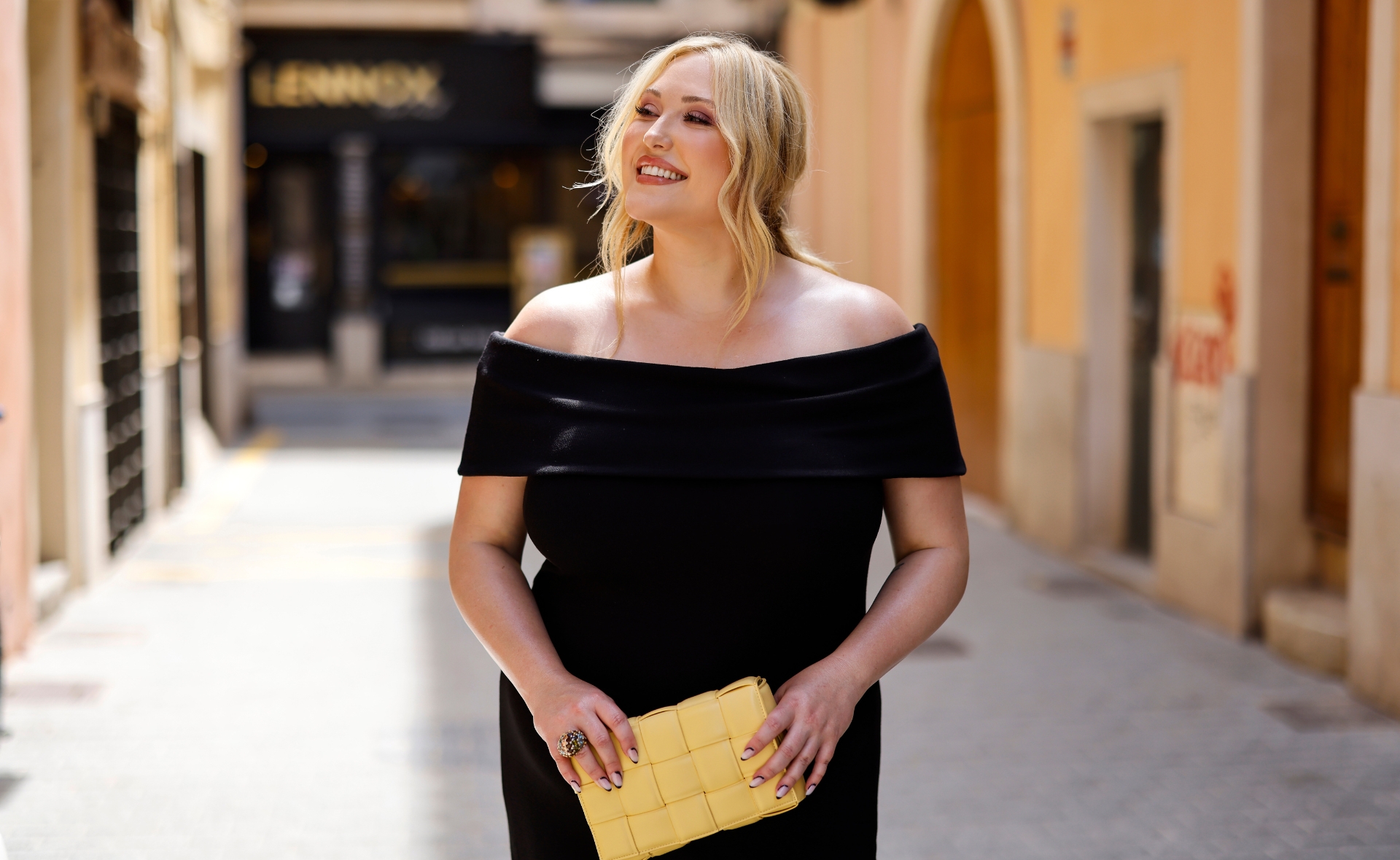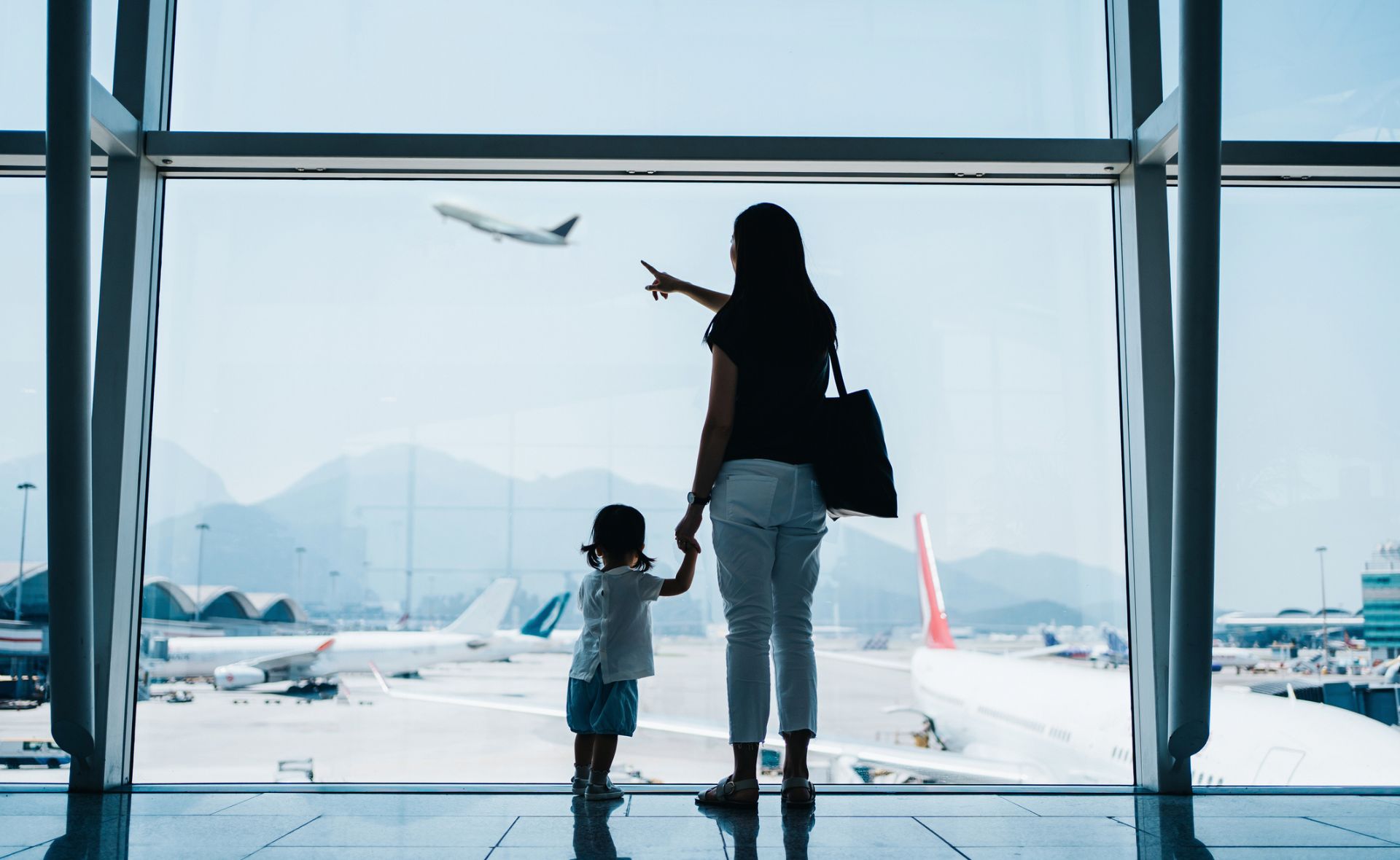When we called for young women to enter a $100,000 scholarship contest to mark our 80th birthday, we were overwhelmed with inspirational entries.
Brittany Giltrap-Ryall, 18, Student, QLD
Like many 13-year-olds, Brittany loved her sport — she represented Queensland in touch football and was a district and regional representative for cross-country, swimming and Little Athletics.
There was, however, one seemingly small problem – a lump above her right knee that wouldn’t go away. “Icing my knee and keeping it elevated wasn’t making it any better. My physio recommended that I get an X-ray and an MRI. The doctors told me that same afternoon that I had bone cancer,” Brittany recalls. “I started chemotherapy and then had surgery to remove 50cm of the bone around my knee, which was replaced with a metal prosthesis.
“There was the chance I could have lost my leg, which was scary, but at the time, I was honestly more worried about losing my hair when I had chemo.”
Treatment kept her out of school for extended periods, but she graduated from high school last year.
“My experience has made me want to become a nurse,” she says. “I’d love to work with kids, in theatre nursing or as a paramedic. I had some fantastic nurses looking after me and so I want to give back and say thanks for the treatment I received while I was sick.”
Brittany is in the first semester of a TAFE course to become an endorsed enrolled nurse. Long hours on her feet for practical study and at her part-time job to fund her studies have affected her leg.
“I get a lot of pain now and it limits what I can do. I’ve found out that I am allergic to the metal prosthesis in my leg. My current prosthesis will have to be removed and replaced. I’ve been putting off the surgery and putting up with the pain because I don’t want to defer my studies with months of recovery.”
If she wins the scholarship, Brittany could take the time off she needed to recover from surgery, without working, and fund her future university studies.
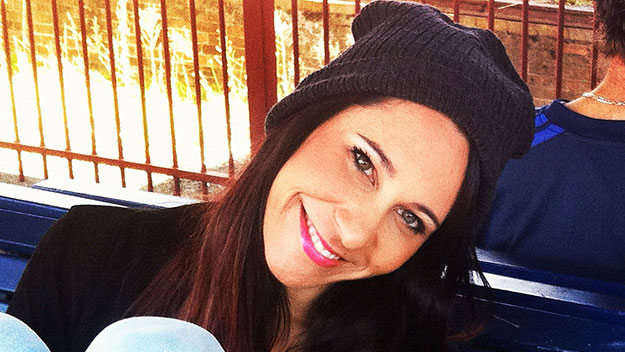
Annie-renae Winters, 28, teacher, NSW
Annie-renae Winters grew up in Orange in the NSW central west. Her father was an Australian Aborigine. Her mother was a mixture of French and English heritage, and Annie’s inspiration.
“I am an indigenous woman,” she says, proudly. “My tribe is the Kamilaroi tribe from the area around Walgett in north-western NSW. My mother, who has both French and English blood, brought me up with my two brothers, after our father left us when I was eight.
“She always taught us about our Aboriginal culture as well as our European heritage … I love her for that.”
Annie is a primary school teacher at St Andrew’s Cathedral School in Sydney. “I teach our indigenous students and offer cultural perspectives and advice to the school,” says Annie, who is studying for a Master of Design post-graduate degree at Sydney’s College of Fine Arts.
She recently started her own design school, Design Your Future, where she is teaching indigenous girls aged 10 to 18 to become designers and artists. If she becomes The Weekly’s Woman of the Future, Annie has definite plans.
“The money would help with the day-to-day expenses of running the school, which I have been paying for myself,” she says. “I can’t really afford it and it means that we can’t move forward as much as we would like. It would help transform the textile pieces that the girls produce into saleable goods.”
Annie says some of her students have issues at home. “The money would also be able to provide trained counsellors to help the girls deal with some of their problems. My aim is to work with the girls to build their self-esteem and resilience, just as my mother did with me when I was growing up.”
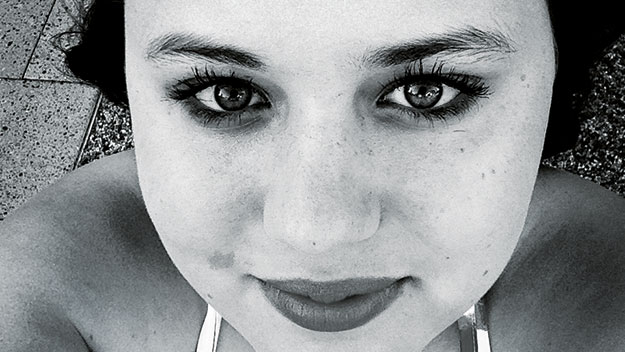
Brittany Miles, 18, student, WA
Brittany Miles was 16 when she became homeless. “Mum and I had a massive fight and she kicked me out. From then I’ve had to grow up, make my own decisions, do everything for myself.”
Friends offered her places to stay and she spent time in a group home, but found that each was fraught with its own problems. “Looking back, I realise that I was pretty level-headed when everything happened. I kept trying to be positive and build on myself.”
Brittany had to leave school and get a full-time job. She also began a business course, but when a friend attempted suicide, she realised business wasn’t as important as helping young people.
She is now establishing what she calls her dream organisation, The Bright Path. And she’s thinking big. The first step is to develop a website to connect with teens. Eventually, Brittany wants to establish a drop-in centre, designed for young people to seek out information and help. She then hopes to extend it into a homeless shelter.
“I’m studying youth work at TAFE and I’ve gone to youth centres and contacted youth programs to see what they offer, and where I can try to fill any gaps of need. I’m also getting out and talking to people in my local area, to understand the types of issues that youths are dealing with.”
Brittany felt that one of the hardest aspects of her experience was getting those who helped her to understand how she felt and what she was going through, so she plans to make communication a major focus of her organisation.
“My studies have made me think about what I went through, what I needed and how I can use my experience to best help others,” she says. “I want to start helping young people as soon as possible and I really want to make The Bright Path work.”
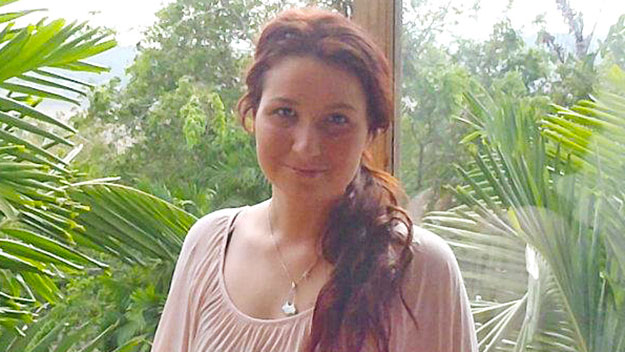
Ayesha Lutschini, 22, Student, QLD
As a small girl growing up in Papua New Guinea, Ayesha Lutschini witnessed the brutal realities of domestic violence each morning from the rear seat of her father’s car.
“When I was 14, every day on the way to school, I would look out the car window and see men beating their wives in the streets,” say Ayesha, 22, a dual-degree Arts/Social Science student at the University of Queensland.
“People would stand around and watch as a man beat his wife to a pulp with his fists or with a stick. The violence was horrific, but so was the indifference.”
When she moved to Australia with her family as a 16-year-old, Ayesha promised herself she would one day do everything she could to overcome gender-based violence that permeates all levels of society in her former home.
“The statistics are confronting and shocking,” she says.
“Seventy per cent of women suffer some kind of violence, abuse or rape during their lives. That’s more than two in every three women in the country.”
In March, Ayesha, with friends Courtney Price and Tasman Bain, founded Meri Toksave, a group that aims to empower the women of Papua New Guinea by providing information about counselling, support and safe houses for victims of violence.
“Initially, we wanted to create a website for PNG women where they could find contact information for all the services they might need if they were victims of violence,” says Ayesha. “But then we discovered that the information simply didn’t exist — incredibly, there was no central registry or government body that collected information like that.”
So Ayesha and her friends set out to do the job no one else had. Now, they are nearly finished.
“The plan is to publish it online so women know where every safe house, every rape crisis centre, every welfare unit is and how to contact them. It’s about giving women the power to change their lives.”
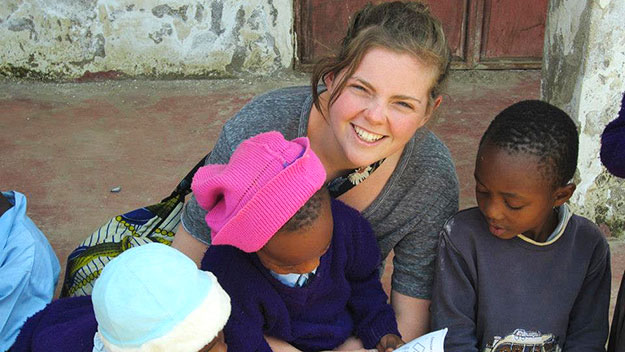
Philippa Harvey Ross, 20, student, QLD
As a volunteer English teacher working in Tanzania late last year, Philippa Harvey Ross came face to face with the heartbreaking reality of what it means to be an orphan in Africa.
“We visited some of the local orphanages,” Philippa says. “The orphanages were packed to the brim with kids who don’t have the chance to experience a childhood. Often, 200 children would share 50 beds. They only get one meal a day.
“At first, I thought, ‘How can I help all these kids? I wanted to think of a way I could make a difference and fast, no matter how small my contribution.”
And from this was born her concept for the Many Shades Project.
“What I want to do is give orphan children a chance for a real childhood,” she says. “I want to take them from the depths of poverty and provide them not only with a home and an education, but with a loving family.”
Philippa hopes the project will help these orphaned children develop into happy and intelligent adults.
At first, she intends to build a house with enough space for seven orphans and a carer. She then hopes to find sponsors in Australia to help cover the cost of their living expenses and education.
Once that house is established, she plans to build many more around Arusha, northern Tanzania, providing care, accommodation and stability for hundreds of orphans.
Philippa has just returned to Tanzania, to purchase a bus for the school where she volunteered, using funds she’s raised since being back in Australia. She will also start the searching for land for the project’s first home.
“I don’t feel like I’m doing anything incredible,” she says. “But I know that helping the children of Arusha is something I have to do.”
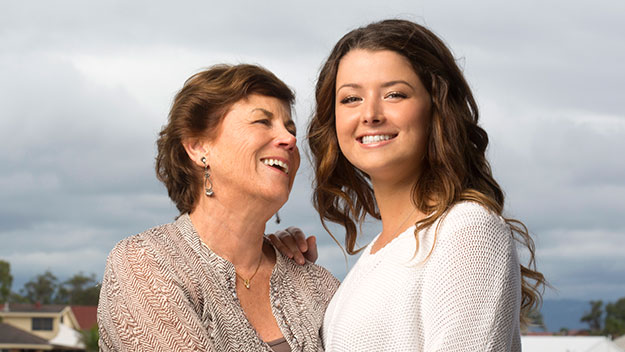

.jpg)
